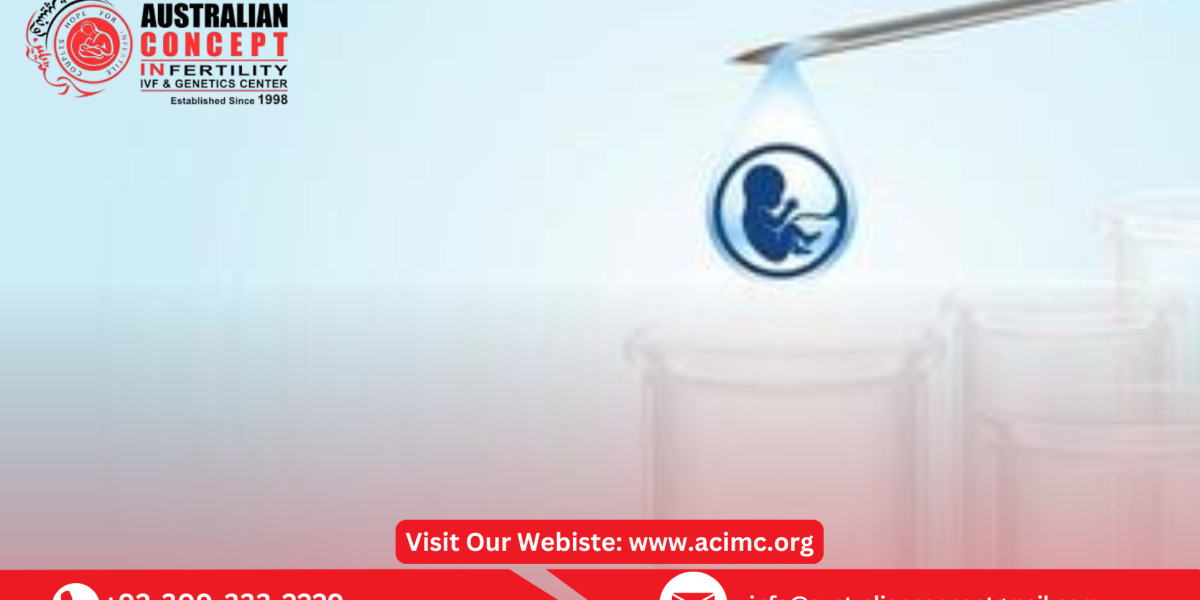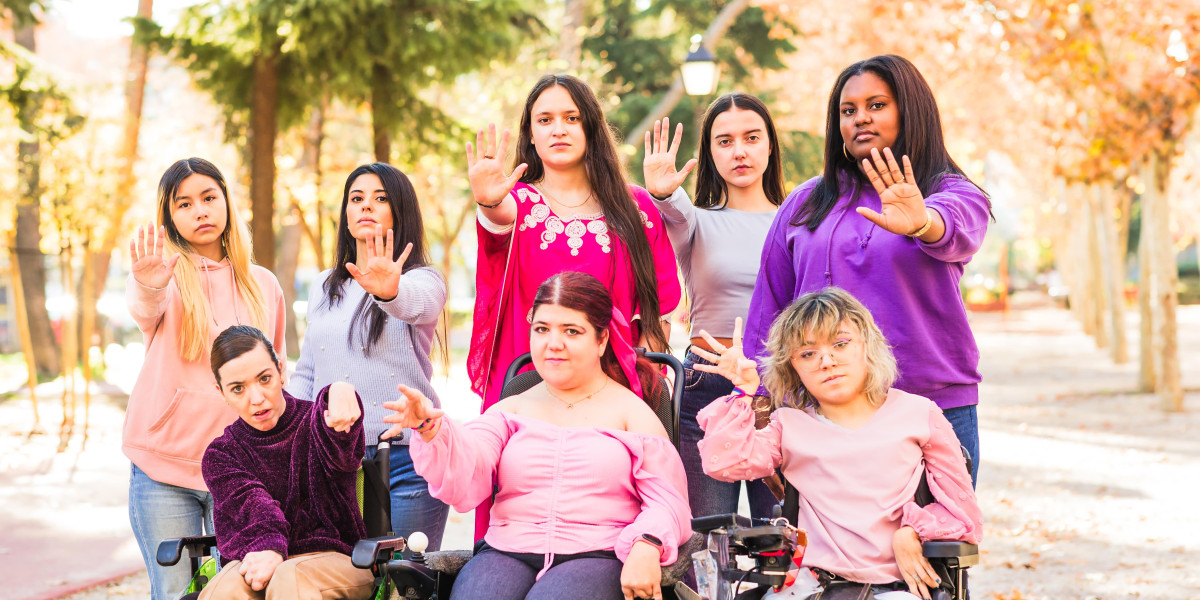The journey to parenthood can be different for everyone. For some couples, natural conception may not be possible, which leads them to explore assisted reproductive techniques like test tube baby treatment medically known as In Vitro Fertilization (IVF).
Let’s explore the age factor, how it affects success rates, and what options are available for older individuals or couples.
Understanding the Test Tube Baby Procedure
Before diving into age limits, it’s important to understand what the test tube baby procedure involves. In this process, a woman’s eggs are retrieved and fertilized with sperm in a laboratory setting. Once fertilization occurs, the resulting embryo is transferred into the woman’s uterus.
This method is a ray of hope for many struggling with infertility due to age, health issues, or other factors. But age, especially for women, plays a critical role in the success of IVF.
Ideal Age for Women to Undergo IVF
Fertility specialists agree that the best age range for women to undergo the test tube baby procedure is between 25 and 35 years. During this period, women typically have healthier eggs, regular ovulation, and better hormonal balance. These conditions contribute to higher chances of successful embryo implantation and pregnancy.
Women under 35 years of age generally have a success rate of 40% to 50% per IVF cycle, depending on individual factors like egg quality and health conditions.
Age Limit for Women: What’s the Cut-off?
There’s no legal upper age limit for IVF in many countries, but most fertility clinics set their own guidelines based on safety and success rates.
Common Medical Recommendations:
Up to 45 years with own eggs (if ovarian reserve is adequate)
Up to 50 years using donor eggs
Some clinics allow up to 52 or 55 years, but with strict medical screening
After the age of 35, egg quality and quantity decline significantly. By age 40, the chances of natural conception drop to around 5% per cycle, and by age 45, it becomes extremely difficult to conceive without using donor eggs.
That’s why many clinics suggest freezing eggs before 35 for those who may wish to delay pregnancy.
Age Limit for Men in IVF
Unlike women, men continue producing sperm throughout life. However, sperm quality declines gradually after the age of 40. Issues such as lower motility, reduced sperm count, and increased DNA fragmentation can affect fertility outcomes.
There’s no strict age limit for men, but doctors often recommend fertility evaluation and lifestyle improvements for men over 45 planning to undergo IVF.
Factors That Influence IVF Success with Age
While age is a key factor, it's not the only one. These factors also affect test tube baby outcomes:
Egg and sperm quality
Uterine health
Hormonal balance
Lifestyle habits (smoking, alcohol, stress)
Medical history (PCOS, endometriosis, azoospermia)
Type of IVF protocol used
Options for Older Couples
Thanks to medical advancements, even older couples have a chance to become parents. Some available options include:
Embryo Freezing: To preserve healthy embryos for future use.
Egg Freezing (Fertility Preservation): For younger women delaying motherhood.
PGT (Preimplantation Genetic Testing): To ensure embryo health before transfer.
Doctors may also advise hormone therapy or additional medications to improve implantation and support pregnancy in older women.
Is IVF Safe for Women Above 45?
IVF at or after 45 carries higher health risks such as:
Gestational diabetes
Preeclampsia
Preterm birth
Cesarean delivery
Miscarriage
That’s why fertility clinics often require extensive health screening before accepting patients above this age. In some cases, surrogacy may be advised if carrying a pregnancy poses a danger to the woman’s health.
Emotional and Financial Considerations
IVF in Lahore can be emotionally and financially draining, especially for older couples who may need multiple cycles or additional treatments. Counseling and financial planning are crucial. Some clinics offer installment plans or insurance coverage for older patients.
Emotional readiness is just as important as physical preparedness. Couples should have open discussions with their fertility specialists and partners before moving forward.
Conclusion:
The age limit for the test tube baby procedure isn't fixed, but fertility doctors generally recommend undergoing IVF before age 40 for higher chances of success. Women above 45 can still try with donor eggs, but they must be medically evaluated. Men have a more flexible age range but should still get assessed for sperm quality if they are over 40.





